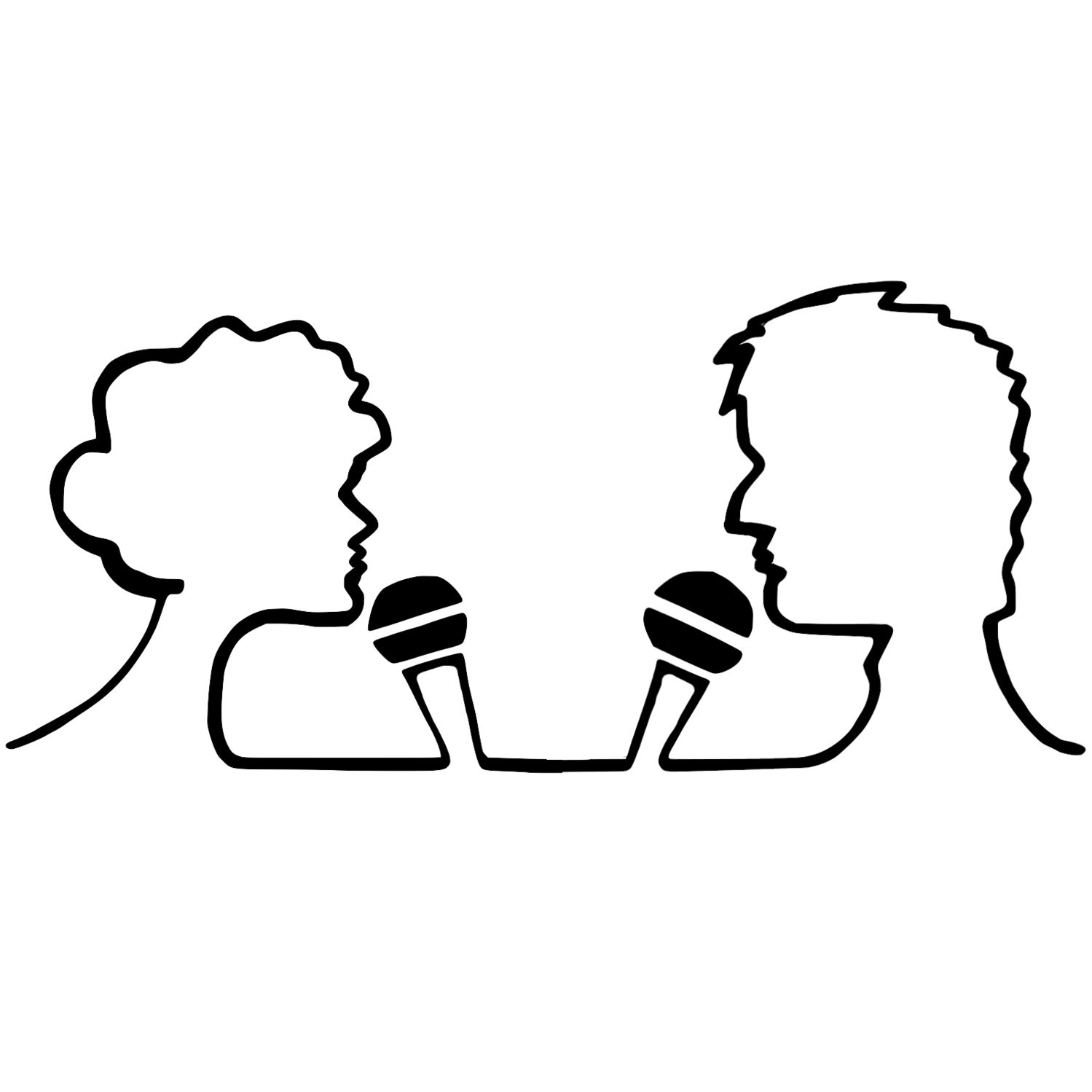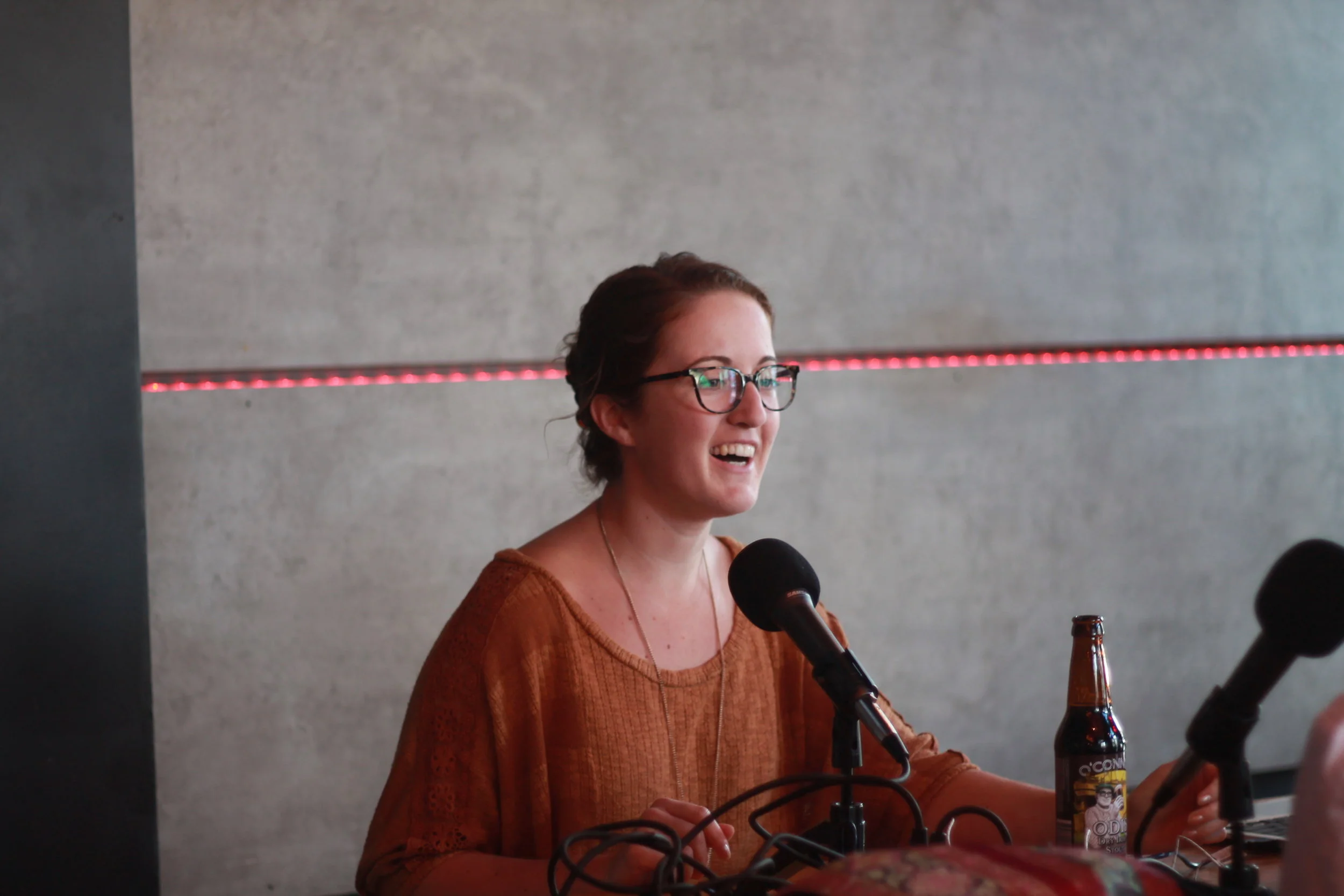Oxytocin is often touted as the “love hormone”, but it’s also the focus of neuroscientist Dr. Bianca Jones Marlin. Bianca sat down to tell us about her work on how trauma can be inherited, and how oxytocin helps the brain to adapt to caring for a newborn. Join us to hear about her experiences growing up in a unique family, how they inspired her research career and her own personal love story.
Now she’s a scientist, educator and communicator, and she’s shared her work in many venues, including taste of science in NYC. You can keep up with her appearances on twitter.
Read More



















